[52] The God Delusion
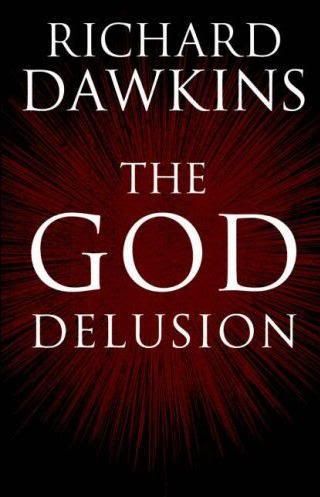
In The God Delusion, the scientist Richard Dawkins sets out to attack God "in all his forms". He argues that the rise of religious fundamentalism is dividing people around the world, while the dispute between "intelligent design" and Darwinism "is seriously undermining and restricting the teaching of science".
The following is an extract from sections of the book.
FROM CHAPTER 7: The "Good" Book and the changing moral Zeitgeist
There are two ways in which scripture might be a source of morals or rules for living. One is by direct instruction, for example through the Ten Commandments, which are the subject of such bitter contention in the culture wars of America's boondocks. The other is by example: God, or some other biblical character, might serve as - to use the contemporary jargon - a role model. Both scriptural routes, if followed through religiously (the adverb is used in its metaphoric sense but with an eye to its origin), encourage a system of morals which any civilized modern person, whether religious or not, would find - I can put it no more gently - obnoxious.
To be fair, much of the Bible is not systematically evil but just plain weird, as you would expect of a chaotically cobbled-together anthology of disjointed documents, composed, revised, translated, distorted and 'improved' by hundreds of anonymous authors, editors and copyists, unknown to us and mostly unknown to each other, spanning nine centuries. This may explain some of the sheer strangeness of the Bible. But unfortunately it is this same weird volume that religious zealots hold up to us as the inerrant source of our morals and rules for living. Those who wish to base their morality literally on the Bible have either not read it or not understood it, as Bishop John Shelby Spong, in The Sins of Scripture, rightly observed. Bishop Spong, by the way, is a nice example of a liberal bishop whose beliefs are so advanced as to be almost unrecognizable to the majority of those who call themselves Christians. A British counterpart is Richard Holloway, recently retired as Bishop of Edinburgh. Bishop Holloway even describes himself as a 'recovering Christian'. I had a public discussion with him in Edinburgh, which was one of the most stimulating and interesting encounters I have had.
THE OLD TESTAMENT
Begin in Genesis with the well-loved story of Noah, derived from the Babylonian myth of Uta-Napisthim and known from the older mythologies of several cultures. The legend of the animals going into the ark two by two is charming, but the moral of the story of Noah is appalling. God took a dim view of humans, so he (with the exception of one family) drowned the lot of them including children and also, for good measure, the rest of the (presumably blameless) animals as well.
Of course, irritated theologians will protest that we don't take the book of Genesis literally any more. But that is my whole point! We pick and choose which bits of scripture to believe, which bits to write off as symbols or allegories. Such picking and choosing is a matter of personal decision, just as much, or as little, as the atheist's decision to follow this moral precept or that was a personal decision, without an absolute foundation. If one of these is 'morality flying by the seat of its pants', so is the other. In any case, despite the good intentions of the sophisticated theologian, a frighteningly large number of people still do take their scriptures, including the story of Noah, literally. According to Gallup, they include approximately 50 per cent of the US electorate. Also, no doubt, many of those Asian holy men who blamed the 2004 tsunami not on a plate tectonic shift but on human sins, ranging from drinking and dancing in bars to breaking some footling sabbath rule. Steeped in the story of Noah, and ignorant of all except biblical learning, who can blame them? Their whole education has led them to view natural disasters as bound up with human affairs, paybacks for human misdemeanours rather than anything so impersonal as plate tectonics. By the way, what presumptuous egocentricity to believe that earth-shaking events, on the scale at which a god (or a tectonic plate) might operate, must always have a human connection. Why should a divine being, with creation and eternity on his mind, care a fig for petty human malefactions? We humans give ourselves such airs, even aggrandizing our poky little 'sins' to the level of cosmic significance!
When I interviewed for television the Reverend Michael Bray, a prominent American anti-abortion activist, I asked him why evangelical Christians were so obsessed with private sexual inclinations such as homosexuality, which didn't interfere with anybody else's life. His reply invoked something like self-defence. Innocent citizens are at risk of becoming collateral damage when God chooses to strike a town with a natural disaster because it houses sinners. In 2005, the fine city of New Orleans was catastrophically flooded in the aftermath of a hurricane, Katrina. The Reverend Pat Robertson, one of America's best-known televangelists and a former presidential candidate, was reported as blaming the hurricane on a lesbian comedian who happened to live in New Orleans.* You'd think an omnipotent God would adopt a slightly more targeted approach to zapping sinners: a judicious heart attack, perhaps, rather than the wholesale destruction of an entire city just because it happened to be the domicile of one lesbian comedian.
In November 2005, the citizens of Dover, Pennsylvania voted off their local school board the entire slate of fundamentalists who had brought the town notoriety, not to say ridicule, by attempting to enforce the teaching of 'intelligent design'. When Pat Robertson heard that the fundamentalists had been democratically defeated at the ballot, he offered a stern warning to Dover:
I'd like to say to the good citizens of Dover, if there is a disaster in your area, don't turn to God. You just rejected him from your city, and don't wonder why he hasn't helped you when problems begin, if they begin, and I'm not saying they will. But if they do, just remember you just voted God out of your city. And if that's the case, then don't ask for his help, because he might not be there.
Pat Robertson would be harmless comedy, were he less typical of those who today hold power and influence in the United States. In the destruction of Sodom and Gomorrah, the Noah equivalent, chosen to be spared with his family because he was uniquely righteous, was Abraham's nephew Lot. Two male angels were sent to Sodom to warn Lot to leave the city before the brimstone arrived. Lot hospitably welcomed the angels into his house, whereupon all the men of Sodom gathered around and demanded that Lot should hand the angels over so that they could (what else?) sodomize them: 'Where are the men which came in to thee this night? Bring them out unto us, that we may know them' (Genesis 19: 5).
Yes, 'know' has the Authorized Version's usual euphemistic meaning, which is very funny in the context. Lot's gallantry in refusing the demand suggests that God might have been onto something when he singled him out as the only good man in Sodom. But Lot's halo is tarnished by the terms of his refusal: 'I pray you, brethren, do not so wickedly. Behold now, I have two daughters which have not known man; let me, I pray you, bring them out unto you, and do ye to them as is good in your eyes: only unto these men do nothing; for therefore came they under the shadow of my roof' (Genesis 19: 7-8).
Whatever else this strange story might mean, it surely tells us something about the respect accorded to women in this intensely religious culture. As it happened, Lot's bargaining away of his daughters' virginity proved unnecessary, for the angels succeeded in repelling the marauders by miraculously striking them blind. They then warned Lot to decamp immediately with his family and his animals, because the city was about to be destroyed. The whole household escaped, with the exception of Lot's unfortunate wife, whom the Lord turned into a pillar of salt because she committed the offence - comparatively mild, one might have thought - of looking over her shoulder at the fireworks display.
Lot's two daughters make a brief reappearance in the story. After their mother was turned into a pillar of salt, they lived with their father in a cave up a mountain. Starved of male company, they decided to make their father drunk and copulate with him. Lot was beyond noticing when his elder daughter arrived in his bed or when she left, but he was not too drunk to impregnate her. The next night the two daughters agreed it was the younger one's turn. Again Lot was too drunk to notice, and he impregnated her too (Genesis 19: 31-6). If this dysfunctional family was the best Sodom had to offer by way of morals, some might begin to feel a certain sympathy with God and his judicial brimstone.
FROM CHAPTER EIGHT: What's wrong with religion? Why be so hostile?
In July 2005, London was the victim of a concerted suicide bomb attack: three bombs in the subway and one in a bus. Not as bad as the 2001 attack on the World Trade Center, and certainly not as unexpected (indeed, London had been braced for just such an event ever since Blair volunteered us as unwilling side-kicks in Bush's invasion of Iraq), nevertheless the London explosions horrified Britain. The newspapers were filled with agonized appraisals of what drove four young men to blow themselves up and take a lot of innocent people with them. The murderers were British citizens, cricket-loving, well-mannered, just the sort of young men whose company one might have enjoyed.
Why did these cricket-loving young men do it? Unlike their Palestinian counterparts, or their kamikaze counterparts in Japan, or their Tamil Tiger counterparts in Sri Lanka, these human bombs had no expectation that their bereaved families would be lionized, looked after or supported on martyrs' pensions. On the contrary, their relatives in some cases had to go into hiding. One of the men wantonly widowed his pregnant wife and orphaned his toddler. The action of these four young men has been nothing short of a disaster not just for themselves and their victims, but for their families and for the whole Muslim community in Britain, which now faces a backlash. Only religious faith is a strong enough force to motivate such utter madness in otherwise sane and decent people. Once again, Sam Harris put the point with percipient bluntness, taking the example of the Al-Qaida leader Osama bin Laden (who had nothing to do with the London bombings, by the way). Why would anyone want to destroy the World Trade Center and everybody in it? To call bin Laden 'evil' is to evade our responsibility to give a proper answer to such an important question.
The answer to this question is obvious - if only because it has been patiently articulated ad nauseam by bin Laden himself. The answer is that men like bin Laden actually believe what they say they believe. They believe in the literal truth of the Koran. Why did nineteen well-educated middle-class men trade their lives in this world for the privilege of killing thousands of our neighbors? Because they believed that they would go straight to paradise for doing so. It is rare to find the behavior of humans so fully and satisfactorily explained. Why have we been so reluctant to accept this explanation?"
The respected journalist Muriel Gray, writing in the (Glasgow) Herald on 24 July 2005, made a similar point, in this case with reference to the London bombings.
Everyone is being blamed, from the obvious villainous duo of George W. Bush and Tony Blair, to the inaction of Muslim 'communities'. But it has never been clearer that there is only one place to lay the blame and it has ever been thus. The cause of all this misery, mayhem, violence, terror and ignorance is of course religion itself, and if it seems ludicrous to have to state such an obvious reality, the fact is that the government and the media are doing a pretty good job of pretending that it isn't so.
Our Western politicians avoid mentioning the R word (religion), and instead characterize their battle as a war against 'terror', as though terror were a kind of spirit or force, with a will and a mind of its own. Or they characterize terrorists as motivated by pure 'evil'. But they are not motivated by evil. However misguided we may think them, they are motivated, like the Christian murderers of abortion doctors, by what they perceive to be righteousness, faithfully pursuing what their religion tells them. They are not psychotic; they are religious idealists who, by their own lights, are rational. They perceive their acts to be good, not because of some warped personal idiosyncrasy, and not because they have been possessed by Satan, but because they have been brought up, from the cradle, to have total and unquestioning faith.

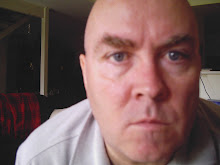


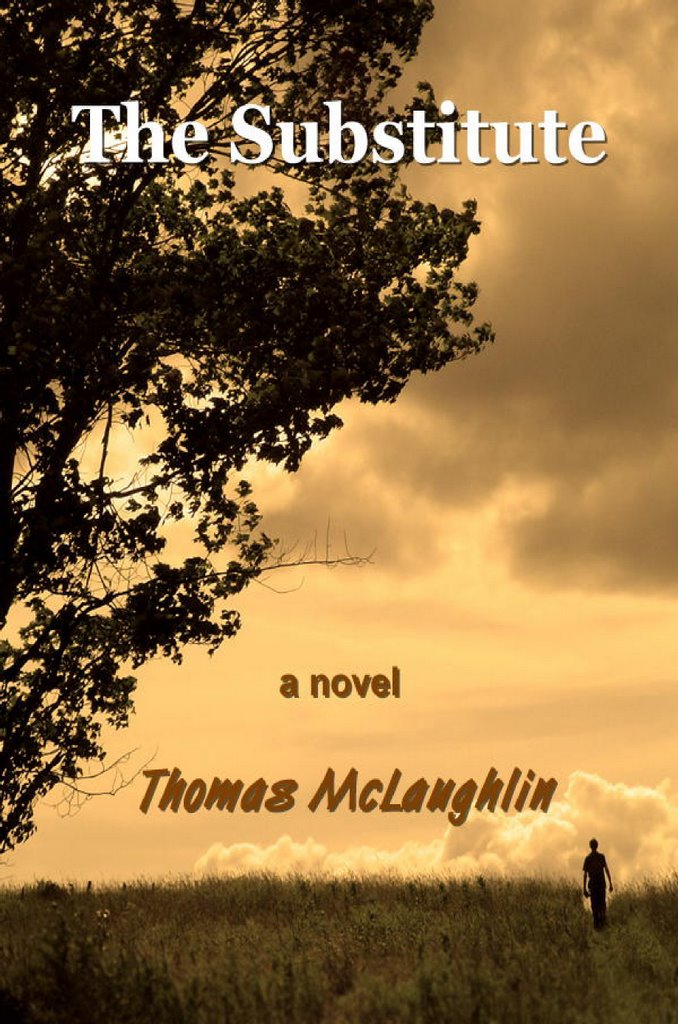
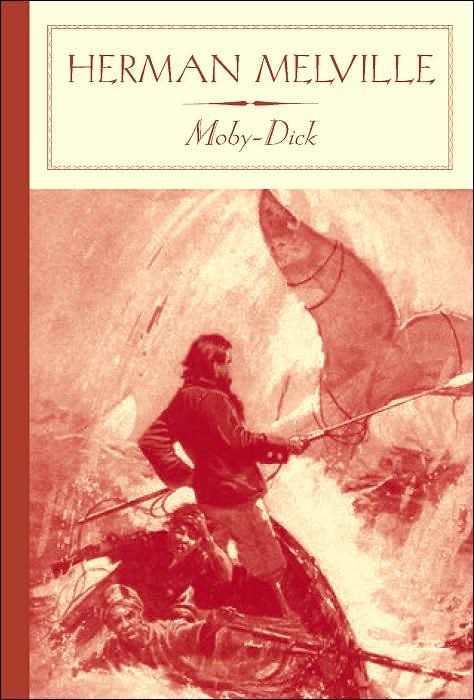


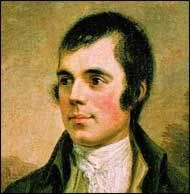




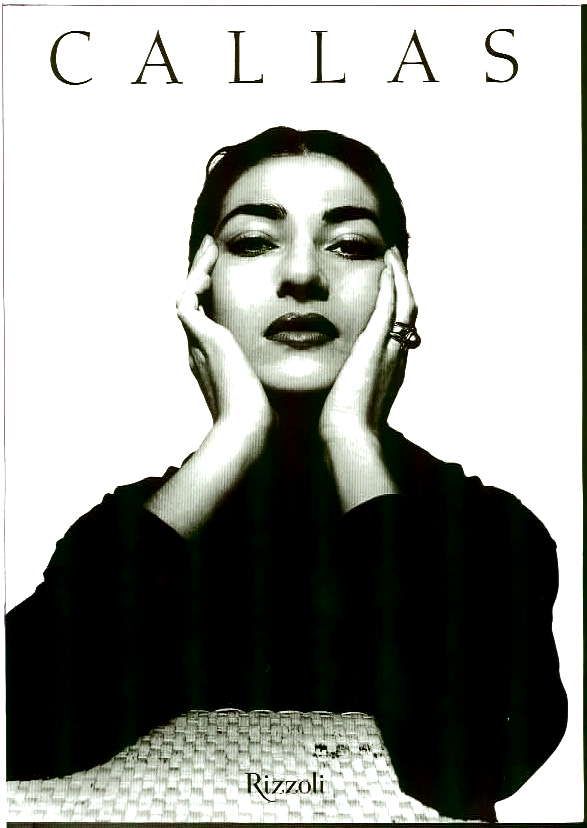
 Lend me fifty bucks
Lend me fifty bucks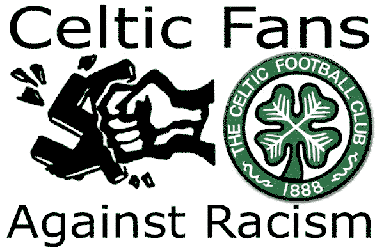



1 Comments:
wedding dresses, moncler outlet, pandora jewelry, toms shoes, converse, louis vuitton, ugg uk, ray ban, moncler, links of london, nike air max, marc jacobs, karen millen uk, moncler outlet, canada goose uk, canada goose outlet, ugg pas cher, juicy couture outlet, pandora jewelry, lancel, barbour, canada goose, hollister, swarovski, louis vuitton, hollister, doudoune moncler, canada goose outlet, louis vuitton, swarovski crystal, converse outlet, montre pas cher, moncler uk, coach outlet, thomas sabo, canada goose, canada goose, ugg,ugg australia,ugg italia, louis vuitton, vans, moncler, ugg, louis vuitton, barbour uk, moncler, pandora uk, replica watches, canada goose outlet, gucci, doke gabbana, pandora charms, supra shoes, moncler
Post a Comment
<< Home